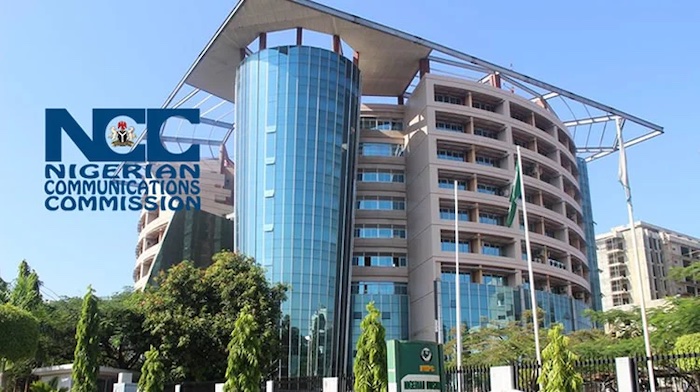The Nigerian Communications Commission (NCC) has denied MTN, Airtel, Glo, and other cellular companies’ request for a pricing increase.
Recall that telecom operators under the auspices of the Association of Licensed Telecommunications Operators of Nigeria (ALTON) had written to the NCC requesting a 40% increase in voice calls, SMS, and data cost rates due to high operating costs.
However, in a statement issued over the weekend, the NCC rejected the request, stating that any such decision must be fair to consumers and promote healthy competition among service providers.
In a statement issued by its Director of Public Affairs, Dr. Ikechukwu Adinde, the regulator stated that there is no cause for concern because it did not approve any increase, and that it remains committed to international best practices and established procedures in its regulatory activities in the country.
Adinde emphasized that any tariff increase by telecommunications service providers must be approved by the commission and be directed by regular cost-based and empirical investigations to establish the right cost to be implemented by the service providers.
According to him, the commission received a request letter from ALTON on the proposed increase, but emphasized that any decision must be fair to customers and encourage healthy competition among service providers.
“Consistent with international best practice and established regulatory procedures, the NCC ensures that its regulatory activities are guided by regular cost-based and empirical studies to determine the appropriate cost (upper and floor price) within which service providers are allowed to charge their subscribers for services delivered,” according to part of the statement.
“The commission guarantees that any cost decided as a result of such transparent investigations is fair enough to promote healthy competition among operators, give more options for consumers, and maintain the long-term viability of the Nigerian telecommunications industry.”
“For the avoidance of doubt, and in contrast to MNOs’ agitation to increase tariffs for voice and SMS by a certain percentage, the commission wishes to categorically inform telecoms subscribers and allay Nigerians’ fears that no tariff increase will be effected by the operators without due regulatory approval by the commission.”
“It is worth noting that tariff regulations and determinations are made by the commission in accordance with Sections 4, 90, and 92 of the Nigerian Communications Act (NCA) 2003, which entrusts the Commission with the protection and promotion of subscribers’ interests against unfair practices, including but not limited to tariffs and charges.”
It was said that the existing rate scheme controlled by service providers is a result of the NCC’s decision for both voice and SMS.
It stated, however, that “although there may be acceptable reasons for MNOs’ desire for tariff rise, it should be remembered that they are not permitted to do so, either individually or collectively, without recourse to NCC, following the conclusion of a cost analysis.” For the time being, this is not the case.
“As a result of the NCC’s commitment to fostering healthy competition among licensees, the cost of services has been democratised and has become increasingly cheap for Nigerian subscribers.” The regulator is even more devoted to ensuring that users receive more bang for their buck when it comes to telecom services.”
ALTON filed a letter to the NCC, the telecoms sector regulator, last week, requesting an upward review of telecoms service costs.
The operators advised the NCC to consider raising the cost of SMS from N4 to N5.61k and the voice call termination charge from N6.40k to N8.95k per minute.
The operators stated that the decision to raise the cost of telecom services was necessitated by the high cost of offering telecommunications services across networks, as well as the difficult business climate and the continual rise in the cost of numerous things in various sectors of the Nigerian economy.
